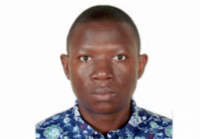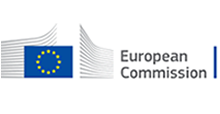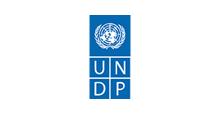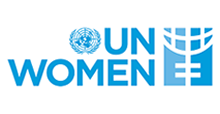
Medadi Ssentanda holds a PhD in General Linguistics from Stellenbosch University. He is currently a Lecturer at Makerere University, Department of African Languages and a Research Associate at Stellenbosch University (South Africa). His research interests converge around language policy in the school context, mother tongue education in multilingual communities, classroom interactions and linguistic landscape. He has published on the challenges of mother tongue education in Uganda, the challenges of literacy acquisition in Ugandan rural schools, issues in and around the thematic curriculum in Uganda, and the language ideologies hidden in the linguistic landscape of schools and the public space. His research points to the need to address issues of linguistic imperialism and the decolonisation of the African mind.
Language(s) has been at the forefront of discourses on decoloniality and decolonizing of African minds. This study focuses on the question of languages and how we relate to them in the public space. Accordingly, this study examines the languages, ideologies, and power dynamics as manifested in Uganda’s language policies over different time spans: pre-colonial, colonial and post-colonial, on the one hand. On the other hand, the languages, ideologies and power relations between Ugandan’s indigenous languages and English will be explored as they are manifested in the linguistic landscape of Kampala. The overarching argument that I make in this study is that linguistic dynamics that are situated especially within the language policies are an important prism through which to investigate language practices and ideologies and power relations. Of particular importance is how languages relate to each other often in ways that diametrically strays from what is stipulated within “official” language and “unofficial” language policies. My focus is on the organic life that languages possess as exemplified in their quotidian use and deployment, particularly in the linguistic landscape of Kampala. The study, thus, will explore the following objective: (i) to explore the history of linguistic ideologies and power relations between Uganda’s indigenous languages and English; (ii) to explore the power relations between Uganda’s indigenous languages as reflected on the linguistic landscape in Kampala; (iii) to examine the current Uganda’s language policy and how it is reflected in public signage; and (iv) to analyse people’s opinions on the use of official and non-official languages on public signage.









